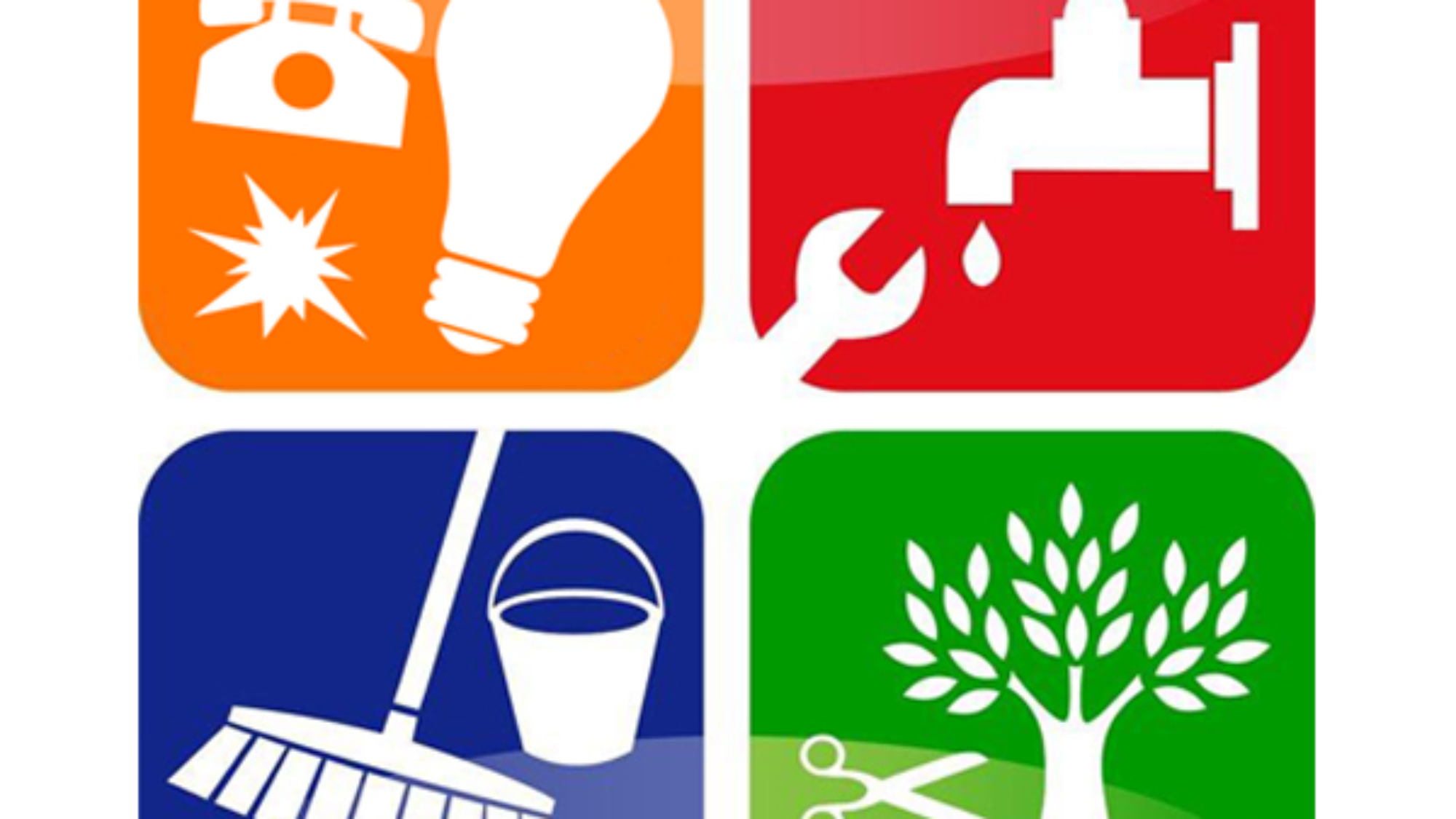Key Fads Shaping the Future of Center Monitoring in 2024
As we look ahead to 2024, the landscape of center management is poised for substantial change, driven by several vital patterns. The combination of wise building technologies and a shift in the direction of data-driven decision-making pledge to boost operational effectiveness while prioritizing sustainability in practice.
Smart Structure Technologies

Smart structure technologies incorporate a broad range of systems, including smart illumination, HVAC controls, and security systems. By incorporating these systems, center supervisors can keep an eye on and adjust parameters in real-time, leading to considerable decreases in energy waste and functional costs. For circumstances, smart sensing units can identify occupancy degrees and readjust illumination and temperature level appropriately, guaranteeing that energy is only used when essential.
Additionally, these innovations promote enhanced data collection, allowing companies to track usage patterns and recognize chances for further renovations. The implementation of smart building modern technologies not just contributes to sustainability objectives however also creates much healthier workplace that can increase worker efficiency and fulfillment.
As we move into 2024, the fostering of smart building modern technologies will likely increase, mirroring a more comprehensive change towards more intelligent, receptive, and lasting center management techniques.
Data-Driven Choice Making
Increasingly, companies are leveraging data-driven decision making to enhance facility administration practices. By harnessing data analytics, center supervisors can obtain actionable understandings that considerably improve operational effectiveness and source appropriation. The integration of sophisticated modern technologies, such as IoT sensors and real-time tracking systems, enables the collection of vast amounts of information on building efficiency, tenancy rates, and power consumption.
This wealth of details allows facility managers to recognize trends, predict upkeep needs, and proactively address concerns prior to they intensify. Anticipating analytics can anticipate devices failings, reducing downtime and repair prices. Additionally, data visualization devices facilitate much better communication amongst stakeholders, making sure that educated decisions are made collaboratively.
Furthermore, data-driven methods enhance critical preparation by allowing facility managers to examine the efficiency of existing methods and make educated selections relating to financial investments in technology or framework. As organizations significantly prioritize operational quality, data-driven choice production is poised to come to be a cornerstone of effective center monitoring approaches in 2024 and beyond. Eventually, the capability to utilize data effectively will encourage companies to create more reliable, efficient, and durable facilities.
Sustainability and Eco-friendly Practices
The emphasis on data-driven choice making normally straightens with the expanding concentrate on sustainability and eco-friendly methods within facility management. As organizations increasingly prioritize ecological obligation, facility managers are leveraging analytics to enhance resource use, reduce waste, and decrease carbon impacts. This strategic technique allows the assimilation of energy-efficient systems, such as LED illumination, smart cooling and heating controls, and renewable resource resources right into facility operations.
Furthermore, the implementation of sustainable techniques expands past energy usage. Facility managers are promoting and adopting green materials recycling efforts to produce a round economy within their centers. This not just boosts the ecological profile of the company however additionally cultivates a society of sustainability amongst workers.
Conformity with ecological guidelines is an additional critical element driving the fostering of green practices. By making use of data analytics, center supervisors can keep an eye on conformity metrics and identify areas for renovation, making certain adherence to local and global sustainability requirements.
Hybrid Work Designs
A substantial change in the direction of hybrid job designs is improving the landscape of facility administration in 2024. This standard integrates remote and in-office work, necessitating a reevaluation of space application, source allotment, and employee interaction techniques. Organizations are progressively recognizing the significance of adaptable offices that deal with varied requirements and preferences.
Center supervisors should adjust by applying versatile workplace layouts that sustain collaborative initiatives while giving locations for concentrated job. This includes the combination of modern technology to help with smooth communication and partnership amongst remote and basics in-office staff members. Smart structure options, furnished with analytics and sensing units, enable real-time monitoring of room use, allowing companies to maximize their settings successfully.
Additionally, hybrid work designs emphasize the need for effective center administration that focuses on employee experience. In significance, the crossbreed job version is transforming facility administration, encouraging a positive approach to fulfill the evolving needs of the workforce.
Enhanced Passenger Health
As organizations welcome hybrid job versions, a heightened concentrate on occupant wellness is ending up being important to facility administration techniques. Facility Management. This change acknowledges that a completely satisfied and healthy and balanced labor force straight impacts efficiency and retention wikipedia reference rates. Facility managers are currently focusing on atmospheres that promote mental and physical health, incorporating elements such as all-natural illumination, biophilic style, and easily accessible wellness sources

Modern technology plays an essential function in this evolution. Smart building systems can keep an eye on ecological elements and adjust settings in real-time, ensuring ideal convenience levels - Facility Management. In addition, feedback devices, such as occupancy sensing units and staff member studies, enable facility supervisors to consistently refine wellness campaigns based on resident needs.

Final Thought
In 2024, the future of center management will be dramatically influenced by the integration of clever structure technologies and data-driven decision-making, fostering boosted functional performance. Sustainability efforts will prioritize green techniques, while the emergence of crossbreed job designs will necessitate adaptable office designs. Furthermore, a heightened concentrate on occupant wellness through advanced cooling and heating systems and biophilic design will add to healthier job settings. These trends jointly emphasize the advancing landscape of center monitoring in response to contemporary challenges and chances.
Center managers are advertising and adopting green products recycling efforts to produce a circular economy within their centers.A substantial change in the direction of crossbreed work versions is reshaping the landscape of facility administration in 2024.Furthermore, additional resources hybrid job models emphasize the requirement for effective center management that focuses on worker experience.As companies embrace hybrid work designs, an increased emphasis on owner wellness is coming to be essential to facility management techniques.In 2024, the future of center monitoring will certainly be substantially affected by the combination of clever building technologies and data-driven decision-making, cultivating enhanced operational effectiveness.